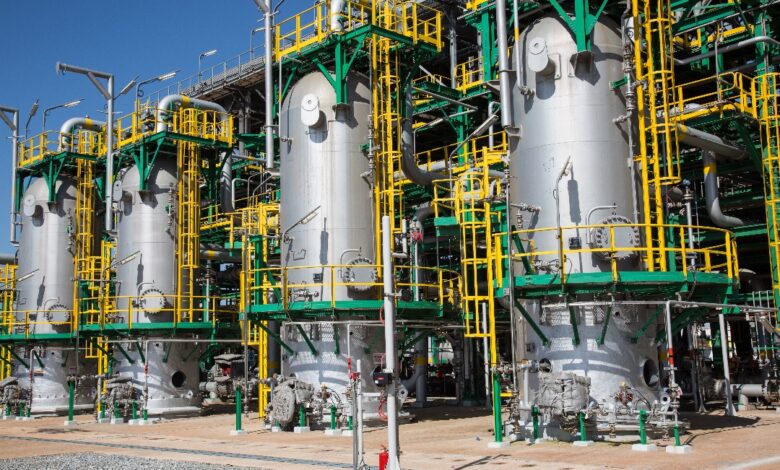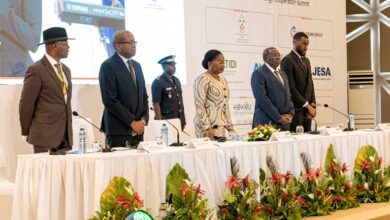Eni, Partners Boost Domestic Gas Supply to Help Ease Ghana’s Power Challenges

Amid persistent concerns over intermittent power supply and the rising cost of energy production, Ghana’s domestic gas supply has received a critical boost.
Eni Ghana and its Offshore Cape Three Points (OCTP) partners, that’s Vitol Upstream Ghana Ltd and the Ghana National Petroleum Corporation (GNPC) have successfully increased the capacity of the country’s Non-Associated Gas (NAG) processing system from 246 million to 270 million standard cubic feet per day (MMSCFD).
The upgrade, completed on July 13, is expected to strengthen Ghana’s energy security and offer some relief to the country’s fragile electricity sector, which continues to battle disruptions partly due to fuel shortages and dollar-denominated oil imports.
Ghana currently relies heavily on gas to generate electricity, with nearly 70% of gas supply coming from the OCTP project. Eni Ghana says this increase in gas processing capacity translates into more fuel for power plants, reducing the dependence on expensive and polluting oil-based generation.
“This milestone is not just technical, it’s practical,” energy analyst Kwame Asare told reporters. “It means more reliable gas for our thermal plants and potentially fewer power outages if the fuel supply chain is efficiently managed.”
Gas from the OCTP project already fuels over 34% of Ghana’s electricity needs. With the new processing capacity, the government is better positioned to meet growing power demand from homes, industries, and service providers, especially as economic activity picks up post-COVID and during global supply chain disruptions.
The phased upgrades began in 2018 with an initial processing capacity of 210 MMSCFD and have since been incrementally enhanced to the current 270 MMSCFD. The partners, Eni (44.44%), Vitol (35.56%), and GNPC (20%), say this reflects their long-term commitment to supporting Ghana’s energy transition and sustainability agenda.
Beyond power generation, the project’s impact extends to job creation, local capacity development, and community support programs focused on clean water, sanitation, and youth empowerment.
As Ghanaians continue to call for more affordable and reliable electricity, this upgrade offers a glimmer of hope, but experts warn that sustained policy support, improved transmission infrastructure, and efficient fuel management are still needed to fully translate this supply into stable power across the country.




